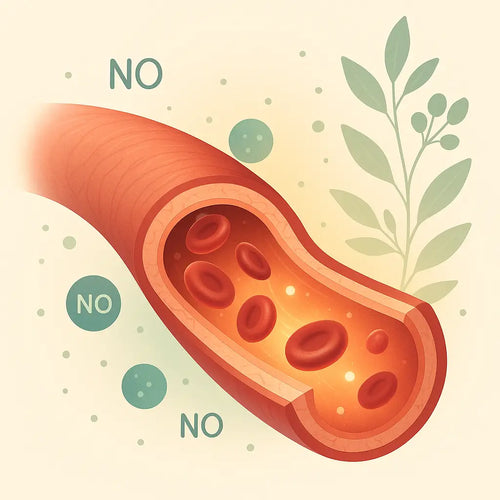
Magnesium is important for many reasons because it maintains genomic stability and is an essential cofactor for DNA synthesis and repair.
It has now been documented that higher dietary intake of magnesium may decrease the risk of colorectal cancer in men (Ma E, et al. 2010). The study included 40,830 Japanese men and 46,287 Japanese women, but it did not find the same association for women.
High magnesium intake in women was shown some years ago to reduce the occurrence of colorectal cancer in women (Larsson SC, et al. 2005). This study included 61,433 Swedish women.
Vitamin B6 intake which is involved in nearly 100 enzymatic reactions has now also been associated with a reduced risk of colorectal cancer (Larsson SC, et al. 2010).
A large study including more than 520,000 participants from 10 western European countries found that lower levels of vitamin D were associated with higher colorectal cancer risk and higher concentrations were associated with lower risk (Jenab M, et al. 2010).
Higher vitamin D levels were also found to reduce the risk of colorectal cancer in an ethnically diverse population (Woolcott CG, et al. 2010).
An easy way to get all these nutrients is to take the BMJ formula, which also supports the musculoskeletal system.









